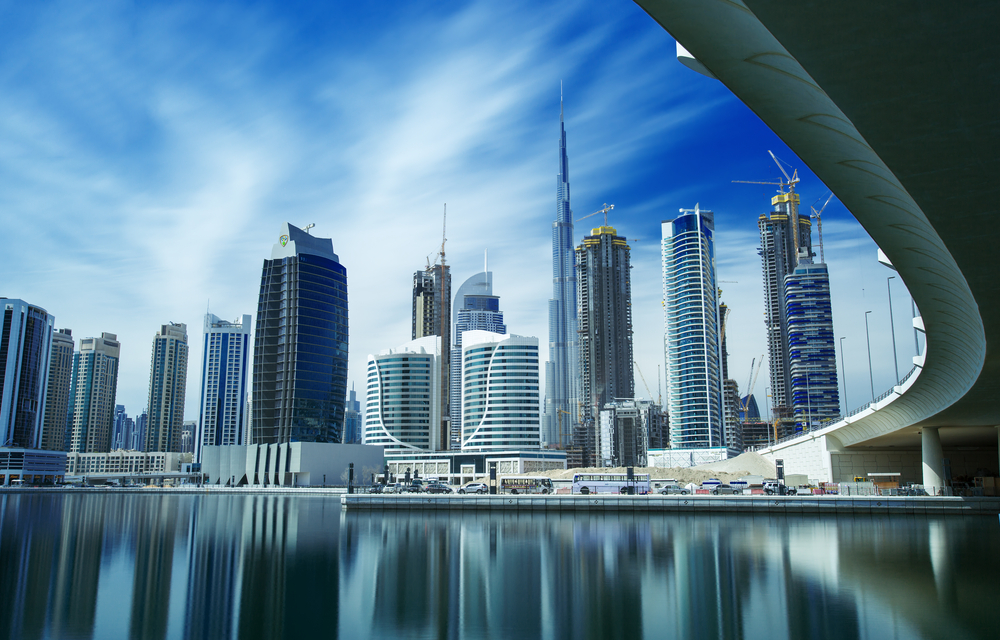Acquiring property in the UAE may seem like a simple investment, especially against the backdrop of the absence of income tax. However, any deal in the Emirates is accompanied by mandatory financial expenses. The costs of buying real estate in Dubai include not only the payment for the property itself but also dozens of additional fees and duties. And if the buyer does not study the system in advance, the budget may unexpectedly increase by 8-10%.
For proper planning, it is worth analyzing the cost structure — from official payments to government agencies to hidden commissions and insurance. This is especially relevant for those considering long-term investments in Dubai real estate.
Mandatory fees and commissions
Any real estate transaction is accompanied by clearly defined expenses. They are regulated at the state level and do not depend on whether the property is purchased from a developer or on the secondary market. Let’s consider the parameters in more detail:
- registration fee — 4% of the property value, transferred to the Land Department;
- administrative fee — a fixed amount, usually around 580 dirhams;
- agent’s commission — 2% of the price;
- property ownership registration certificate — paid separately, around 250 dirhams;
- notarial support — depending on the company and the complexity of the transaction.
The listed expenses for purchasing property are mandatory. Their payment is necessary to complete the registration and obtain all rights to the property.
Mortgage and additional expenses when buying property in Dubai
If buying a property involves a bank loan, the list of expenses significantly expands. In addition to the main payment for the property, the buyer will need to take into account a number of additional costs associated with the financing process. For example, there is a mortgage fee, which is 0.25% of the total loan amount.
Additionally, banks require a mandatory property valuation, the cost of which can reach 3,500 dirhams. Property insurance also becomes a mandatory condition — its amount is calculated individually depending on the property characteristics and the insurance company’s terms.
Separately paid is the registration of the mortgage agreement at the Land Department, as well as legal and notarial costs associated with the transaction.
These measures ensure transparency of operations and compliance with all legal norms, which is especially important for banks. That is why an investor needs to clarify the loan structure and related obligations in advance, especially if they are a non-resident of the UAE.
However, buyers with confirmed income and a positive credit history can expect more favorable conditions from banks, including reduced rates and flexible repayment terms.
Indirect expenses when buying property and hidden costs of housing in Dubai
In addition to mandatory payments, there is a category of expenses that are rarely mentioned in developers’ brochures. However, they need to be taken into account when budgeting. Hidden expenses when buying property in Dubai include:
- DEWA account transfers (electricity and water);
- deposits for utilities — not always refundable;
- complex maintenance services;
- services of lawyers and translators;
- fee for issuing electronic access cards, parking, and services from the management company;
- property transfer tax — included in the registration fee, but sometimes specified separately in some contracts.
These payments can add several thousand dirhams to the final cost, especially if the property is located in the premium segment with developed infrastructure.
Documents to prepare in advance
To avoid delays and setbacks in the property acquisition process, it is recommended to prepare all the necessary documents in advance, which will not only expedite the process but also help avoid unnecessary expenses related to delays or additional commissions.
The mandatory documents include a valid passport — both a copy and the original will be required. It is also necessary to provide a preliminary agreement with the seller or developer, especially if the transaction is at the reservation stage. In the case of purchasing with a mortgage loan, the bank will require income confirmation.
For foreign citizens, a mandatory requirement is the presence of translated and notarized documents that comply with local legislation requirements. In addition, an application for registration with the Land Department is submitted before the start of the transaction, which directly affects the expenses when buying property in Dubai.
Even with the assistance of an agent, some documents will need to be filled out personally, and the correct completion of these documents directly affects the timing of obtaining the official property ownership certificate.
Property investment: what to know about housing formats
Different types of properties — studios, apartments, villas — entail different levels of expenses. For example, when purchasing a studio in a completed building, the expenses will be lower than when investing in a property under construction. The cost of annual maintenance also varies: for high-budget villas, it is higher than for regular apartments.
Investing in Dubai real estate is profitable if you choose a format with minimal operating costs in advance. This is especially important for those planning to rent out the property and generate a stable income.
Total expenses
On average, expenses when buying property range from 7 to 9% of the property value in Dubai. The main part consists of the registration fee and agent’s commission. With a mortgage, bank fees are added. Neglecting these items can lead to an increase in the budget and delays in processing.
Before proceeding with the transaction, it is advisable to create a budget — taking into account all payments, including mortgage fees, utility deposits, administrative fees, and legal services. This approach will help accurately understand the total cost of ownership.
Expenses when buying property in Dubai: conclusions
A full understanding of the cost structure when buying property in Dubai helps avoid unexpected expenses. Regardless of whether the transaction is made with personal funds or using a mortgage, the buyer faces mandatory commissions and fees. Every investor planning to invest in real estate must consider both direct and indirect expenses. Proper financial calculation is the key to a smooth transaction and effective asset ownership in one of the most stable markets in the Middle East.









